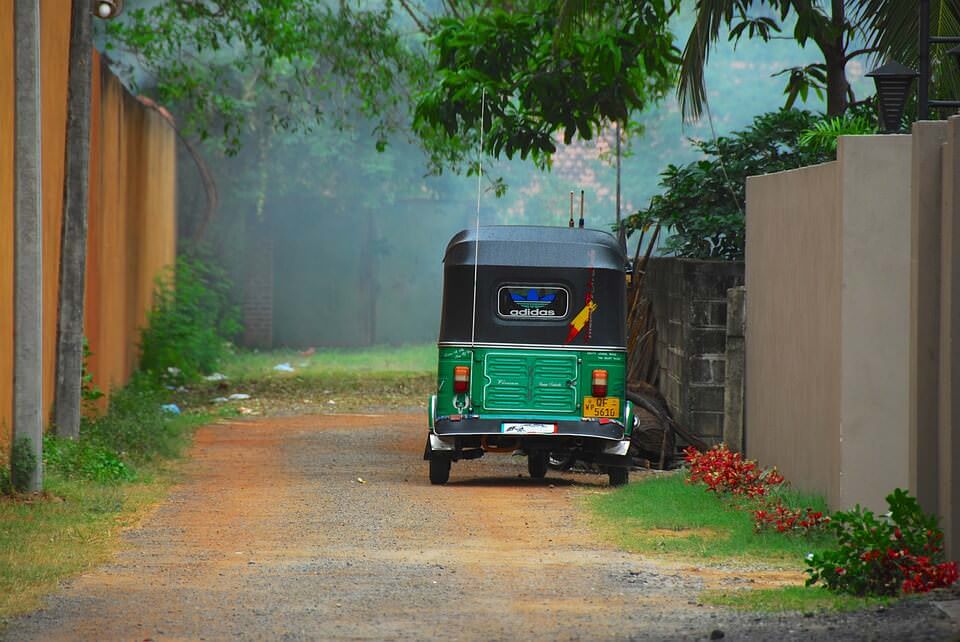In a small Egyptian village Kerdasa, not far from the Giza pyramids, the 35-year-old entrepreneur Ahmed Saeed el-Feki has been working hard on his business idea, a mini-car.
Egypt has relied on the import of the Chinese Tuk-Tuk for a long time. According to el-Feki, the country spent over USD 290 million a year on the import of Tuk-Tuks. After the recent unprecedented flotation of the pound, the President Abdel-Fattah el-Sissi adopted measures to boost the local economy.
Although it looks similar to its Chinese rival, El-Feki’s golf-cart differs in mechanical efficiency and design. First of all, it is more secure as it is a 4-wheel vehicle, while Tuk-Tuk is only 3-wheeled. In addition to that, the Egyptian prototype accommodates more passengers, up to five. It also saves more fuel.
A 25-year-old driver who just bought it was concerned about the registration policy. The mini car should follow the same registration procedure as the Tuk Tuk. It means that the drivers need a license to drive outside of their village. Most of the local population cannot afford any other means of transportation but rickshaws. They are affordable, small, and easy to navigate through the tiny little streets in the countryside.
Speaking during his workshop in the village, el-Feki admitted he had always dreamt of helping his community. When he learned about the new state measures to shore up the local economy, he took the wave and created the mini-car. The young entrepreneur said that the number of purchasing orders has rapidly increased. The interest is not only from Egypt but the neighboring African countries as well.
El-Feki also mentioned that a company from Mozambique invited him to manufacture his mini car there. He declined. The entrepreneur was convinced that the startups had a nationalist dimension and had to contribute to the home country and create jobs there.
Asked about his plans, El-Feki said he was upgrading the product. Up to now, he produced 30-40 cars by himself. Now, he is working hard to taking the business to the next level. He recently inked a deal with the government to have the parts manufactured in the army-run factories. When they come back to him, he starts assembling the vehicles in another space, which enables him to ramp up production.
The minicar is now on sale for 34,000 Egyptian pounds ( USD 1,907). For a comparison, the Tuk Tuk costs 38,000 Egyptian pounds ( USD 2,130)

